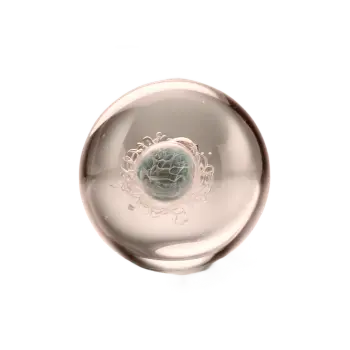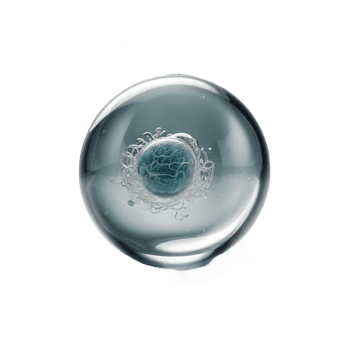What is miscarriage?
Miscarriage can be a heartbreaking experience for those who suffer and can occur for a variety of reasons including genetic problems, hormonal imbalances or physical complications. Common symptoms include vaginal bleeding and abdominal pain. Miscarriage management includes medical care and support, both physical and emotional. It is a sensitive and difficult experience that affects many women and their families.
Symptoms of Miscarriage
The symptoms of a miscarriage can vary in intensity and type but they most common include:
Vaginal bleeding: Most often, a miscarriage begins with vaginal bleeding that can be light to heavy and contain tissue or blood clots.
Abdominal pain: Lower abdominal pain may be present and vary from mild to severe cramping.
Back pain: Many women experience back pain often in connection with abdominal pain.
Changes in pregnancy symptoms: Women may notice that previous pregnancy symptoms such as chest tightness and nausea decrease or disappear completely.
Evacuation of tissue: Sometimes tissue may be expelled which may look like blood clots or tissue fragments.
It is important to note that the symptoms of a miscarriage can be different from person to person. If you experience any of these symptoms during pregnancy, it is important to seek immediate medical care and counseling for a thorough evaluation and care.
Cause of Miscarriage
Miscarriage can occur from several different causes and it is often a complex combination of factors. Here are some common causes of miscarriage:
Genetic Abnormalities: Many miscarriages are the result of genetic abnormalities in the fetus. When the fetus is not developing normally, the body can push it out.
Hormonal imbalances: Hormonal changes can affect the body's ability to support the pregnancy especially during the early stages.
Age: Women over 35 have a higher risk of miscarriage especially if they are getting pregnant for the first time.
Infections: Certain infections, such as rubella, cytomegalovirus and listeria, can increase the risk of miscarriage if they occur during pregnancy.
Lifestyle factors: Smoking, excessive alcohol consumption, drug use and poor diet can increase the risk of miscarriage.
Underlying medical conditions: Some medical conditions such as diabetes, thyroid problems and autoimmune diseases can increase the risk of miscarriage.
Physical complications: Certain physical complications such as uterine or fallopian tube problems can lead to miscarriage .
Environmental factors: Exposure to harmful environmental factors such as heavy metals, chemicals and radiation can increase the risk of miscarriage.
Stress and emotional trauma: High levels of stress and emotional trauma can adversely affect pregnancy.
It is important to remember that many miscarriages occur for no apparent reason and it is rarely something that the pregnant woman has caused or been able to prevent.
What can I do myself?
After a miscarriage, regular pregnancy tests can still show that you are pregnant for a few weeks afterwards because the pregnancy hormone that the tests measure HCG still remains in the body for some time after a miscarriage. If you want to be sure whether you have had a miscarriage or not, you can do special pregnancy tests via the healthcare or us that can show a reliable result more quickly.
Treatment
In the event of a miscarriage, especially if it occurs early in pregnancy, no specific medical treatment may normally be required. The body has the ability to naturally terminate the miscarriage. However, it is important to note that if you experience heavy or prolonged bleeding, it may be necessary to get medical help to ensure that the miscarriage is completed safely. There are various methods to assist the body in ending a miscarriage:
Medical treatment: If the miscarriage is incomplete or if the body does not seem to expel all the tissue on own hand, a doctor can prescribe medications that help speed up the process. These medications can be taken either at home or in a hospital and help empty the uterus.
Uterine scraping: In some cases, a procedure called " scraping" be necessary. During this procedure performed by a doctor, any remaining tissue from the uterus including blood and mucous is removed. The choice of method depends on factors such as how the pregnancy has progressed, how you are feeling and your personal preferences.
If you have experienced three or more miscarriages in a row or if the miscarriage has occurred late in pregnancy, your doctor may consider to conduct an investigation to try to determine any underlying causes of the repeated miscarriages.























